According to the Internet, today is Houseplant Appreciation Day. I had never heard of this. And apparently there’s been a houseplant fad going on for the last few years that I’ve somehow completely missed out on. So why are we making a point to appreciate houseplants?

Houseplants have several known benefits. Here are a few:
- Stress relief
- Better concentration and focus
- Faster healing
- Improved self-esteem
- Greater happiness
- Heightened productivity
- Mental health support
A lot of this rings true for me. Growing up, I always noticed that when I watched any kind of movie or TV series set in space, I always had this sad, uncomfortable feeling about the settings, until one day last year when my boyfriend pointed out the obvious: There are no plants in them. So many things set in space have that stark, dead, claustrophobic feeling to them, and that is so clearly why.
We’ve been doing our own growing over the last few years, though all of it has been outdoors. We like to toss vegetable scraps in the back yard to see what grows without any help from us. Rotten potatoes produce great plants that thrive for a while and then suddenly wither, leaving tiny almost-potatoes behind. Pineapple caps grow thick and tall but never produce any fruit. Beans grow and take over the yard completely; we are always snacking on those in the summer! Aloe, of course–you can break off a piece and drop it anywhere and suddenly have a whole new aloe plant. And then there’s our pride and joy, our maple that we rescued as a sapling and have nurtured for three years. Our little baby was so tiny and now is almost taller than me!
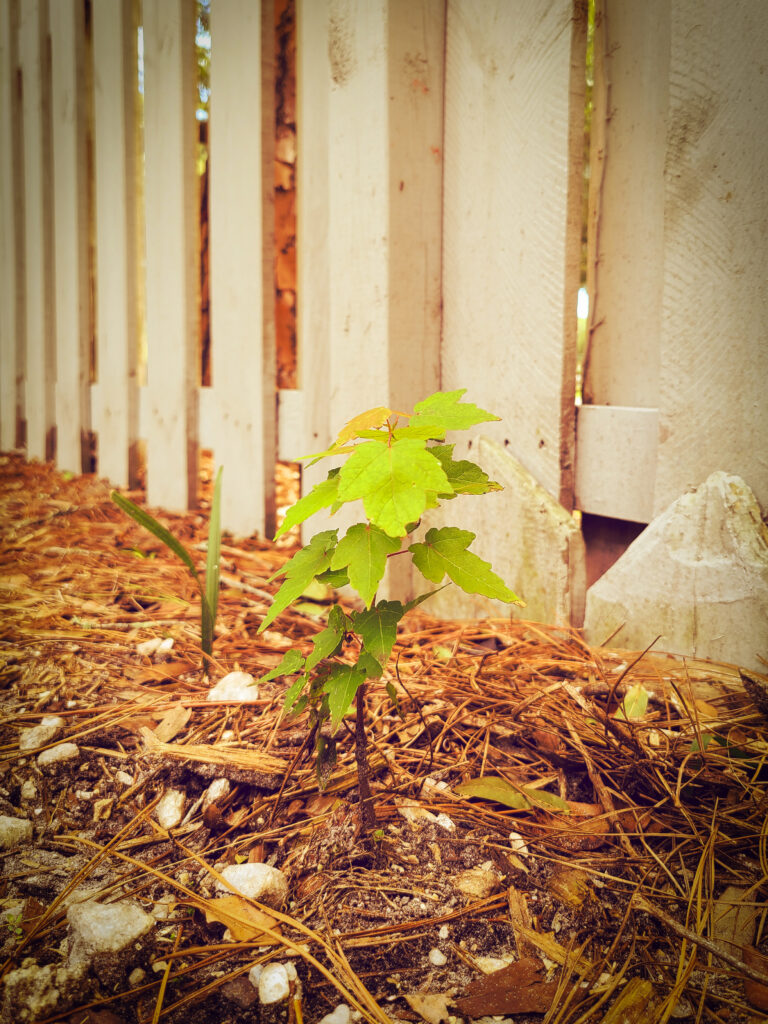
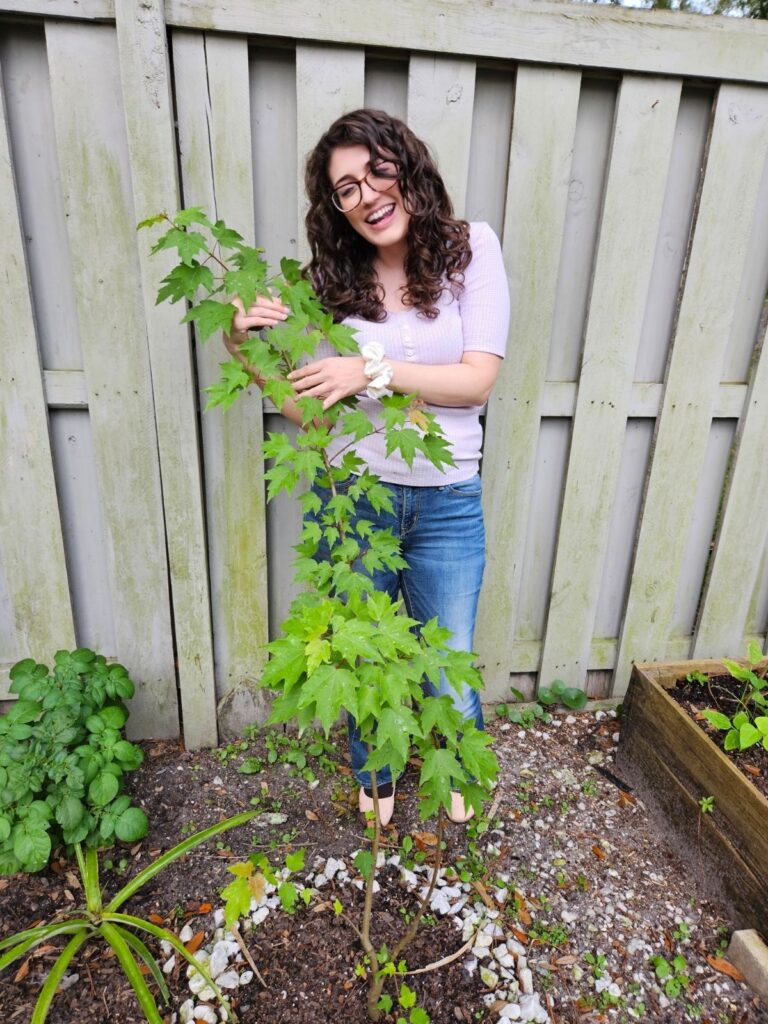
Then my boss told me about jade plants. This woman is a plant expert. Giving her garden all her TLC is her thing, and she can talk about her variety of plants in great detail for long periods of time. Her knowledge and love for plants is impressive. I was intrigued when she said jades could grow to be 100 years old, are stupidly easy to take care of, and that she had one that was 42 years old and had belonged to her grandmother. When she offered us a cutting of that same 42-year-old plant, I could not refuse! How cool to continue the life of a vintage plant in a completely new location!
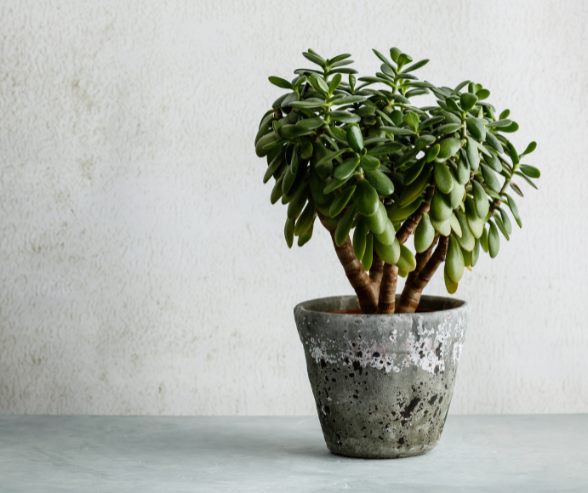
We started out with our jade plant indoors. She brought it to me in a pot with some soil that had even sprouted a little mushroom alongside it. One of the nice things about jades, though, is that they can be grown both indoors and outdoors. So after a few weeks, we dug a little hole for it and carefully re-homed it in a corner of our yard. We held our breath until we were certain it was going to survive the move. Fortunately, it did very well.
Unfortunately, the woman who gave it to me turned out to be a conniving narcissist. I’ve had several horrible bosses in the past (including one who tried to run her ex-boyfriend over with her car in the company parking lot and another who drew frequent comparisons from friends to Miranda Priestly and Mr. Pitt). This one, though…she just may be the most evil of them all. It’s such an interesting character who cares nothing for humans but is painstakingly nurturing to plants. That dichotomy is fascinating to me.
After her betrayals, the jade plant was still just there, feeding derisively off our soil and drawing attention in our yard. It continuously interrupted my peace as I sat in the back yard, trying to enjoy the beautiful winter weather with a book. As much as I’d loved the idea initially of having a vintage plant that might grow to live for another hundred years and bring joy to future residents of this house for decades to come alongside our maple, suddenly it was having the exact opposite effect of what a houseplant is supposed to do.
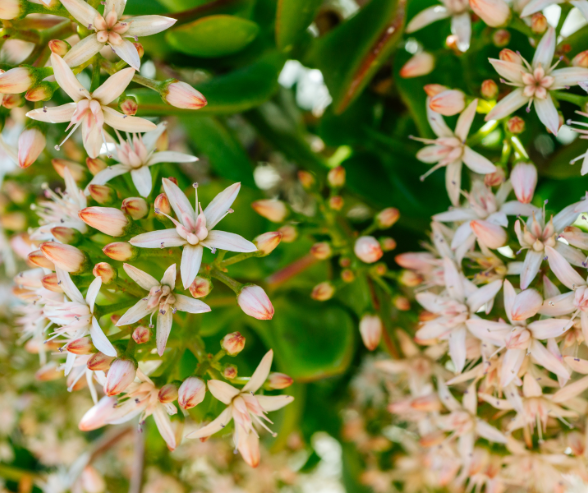
And that is why, in the interest of stress relief, focus, healing, self-esteem, happiness, productivity, and mental health, I finally ripped that thing out of the ground and hurled it out into the street before the new year could begin. Dishonor! Dishonor on your whole family! Dishonor on you, dishonor on your cow, dishonor on your grandmother and her stupid vintage plant.
It’s a new year. Time for looking ahead, turning over a new leaf, and focusing on our mental and physical wellbeing. And sometimes, despite all the evidence telling us what’s best for us, we have to listen to what’s in our hearts instead.
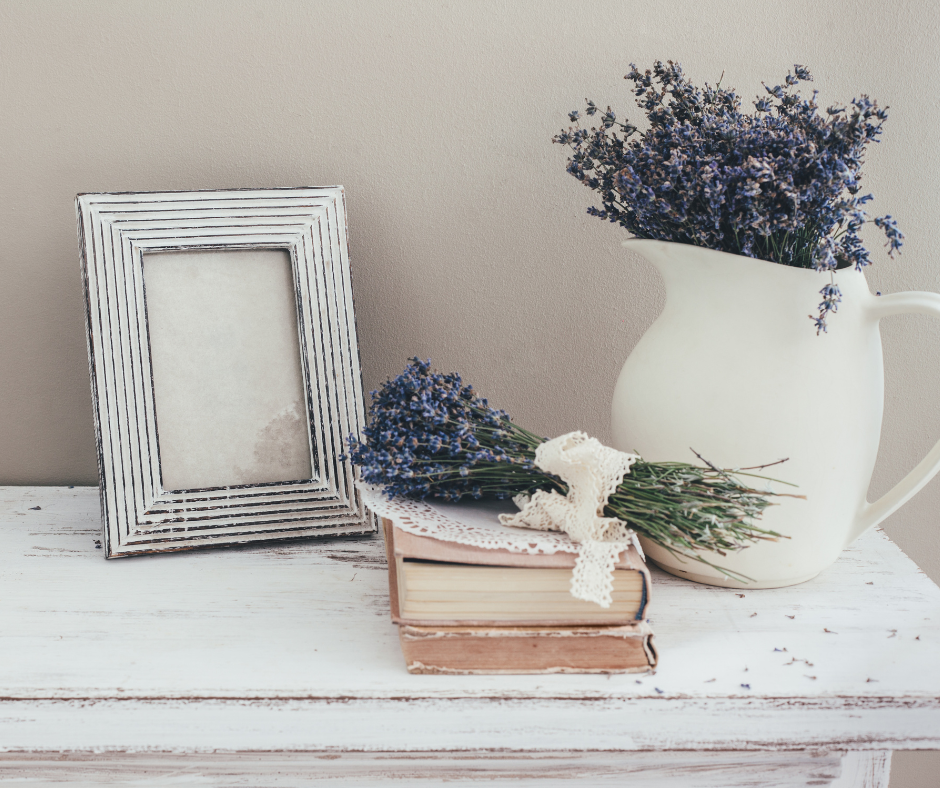
Leave a Reply